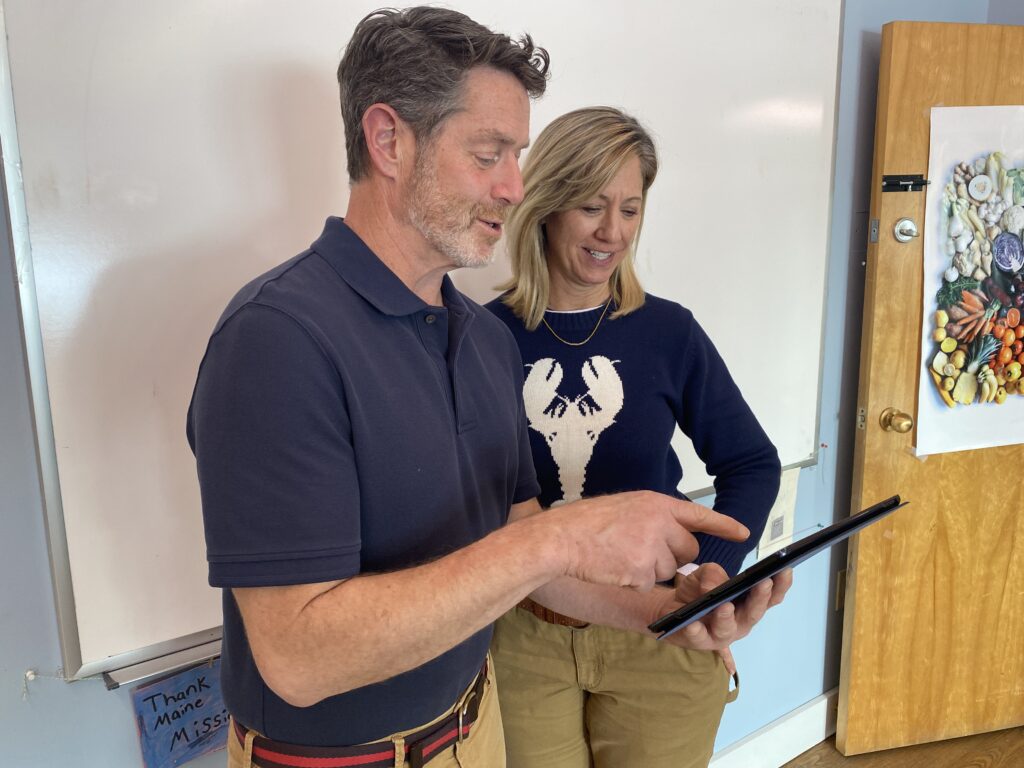
In the furthest reaches of Washington County and on many unbridged islands, cell service can be spotty and connection to the internet can be costly and slow. This digital divide leaves many people in the Mission’s service area unable to connect to basic services. Islanders struggle to attend telehealth appointments that are key to their treatment and low-income residents of Washington County face high internet costs with lagging speeds.
Less than a quarter of Mainers have access to broadband service, and more than 40,000 do not have any internet access. In rural areas of the state, most residents are paying more than $70 a month for their internet. This high cost puts a strain on many people’s budgets and almost half of Mainers said they had difficulty paying for services.
But change is on the horizon. Through the work of the Maine Connectivity Authority (MCA), Maine was recently awarded a $272 million grant to expand high-speed internet across the state and bring internet access to areas where it was not available before. This decision came in part because of work the MCA did with organizations to create Digital Equity Plans for regions throughout the state. In Washington County, the Mission was part of the Sunrise County Economic Council’s Washington County Digital Equity Coalition and for our island residents, the Mission worked with the Island Institute to ensure these communities were represented in these plans.
As part of the Washington County Digital Equity Coalition, Mission staff provided insight and information on community needs for the county’s digital equity plan. The Sunrise County Economic Council is now working to implement this plan, which includes more education around affordable technology and digital literacy. Part of the plan includes educating people about Maine’s Affordable Connectivity Program (ACP). This program gives qualified applicants, including those on SNAP, WIC, and SSI, a $30 credit towards the cost of internet. Right now, only thirty percent of eligible households in Washington County have applied. The Mission’s Downeast campus has also become a host site for the National Center for Digital Equity (NDEC) to expand digital literacy in the county. NDEC offers free classes on a variety of different topics from computer basics to setting up a Facebook account. The Mission hopes to be able to hold NDEC classes next year.
For island communities in Hancock and Waldo counties, the Mission represented them during Hancock and Waldo County Digital Inclusion Coalition meetings which were hosted by the Island Institute. Island communities also are usually smaller than their mainland counterparts, and sometimes lack the infrastructure to take on projects like these, The Mission made sure island specific concerns were included in that committee’s digital equity plans. Part of the focus was on the continued need for stronger connections to continue telehealth services on the islands. The crew of the Sunbeam also informed islanders about the statewide digital equity survey that went out earlier this year as well as the ACP.
As these digital equity plans progress, the Mission’s staff will continue to make sure that community members are informed and represented. Learn more about the work that Maine is doing around digital equity and see Washington County’s digital equity plan.
